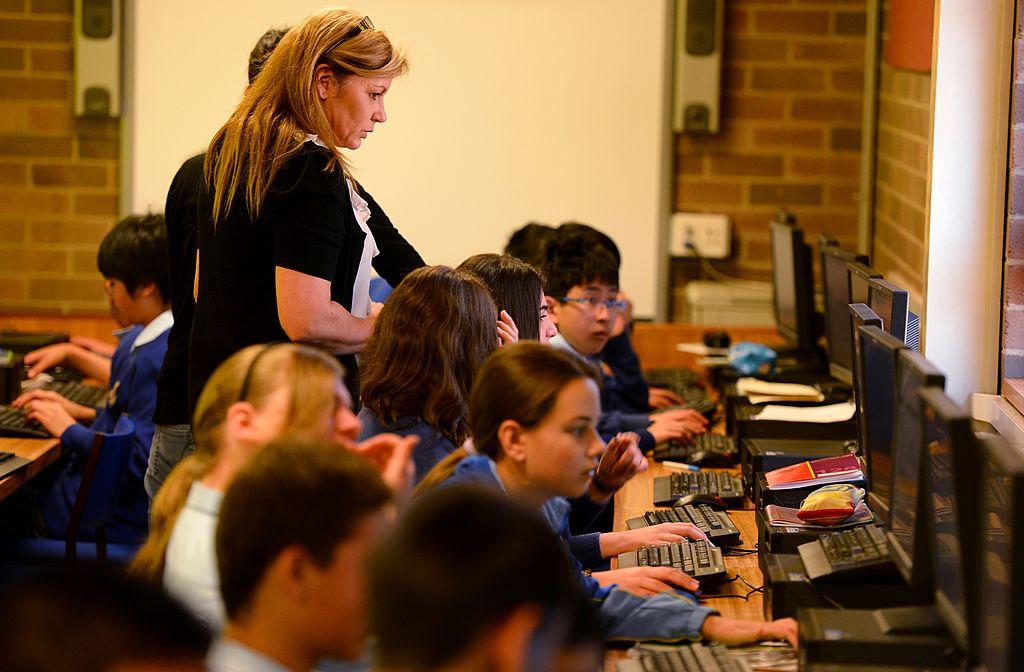Policies to improve teacher welfare are still lacking amid growing frustration over workloads, according to a new study.
It noted that discussions between teachers on social platform Reddit highlighted how “cruel” approaches to wellbeing intensify teacher stress, workload burdens, and suffering.





